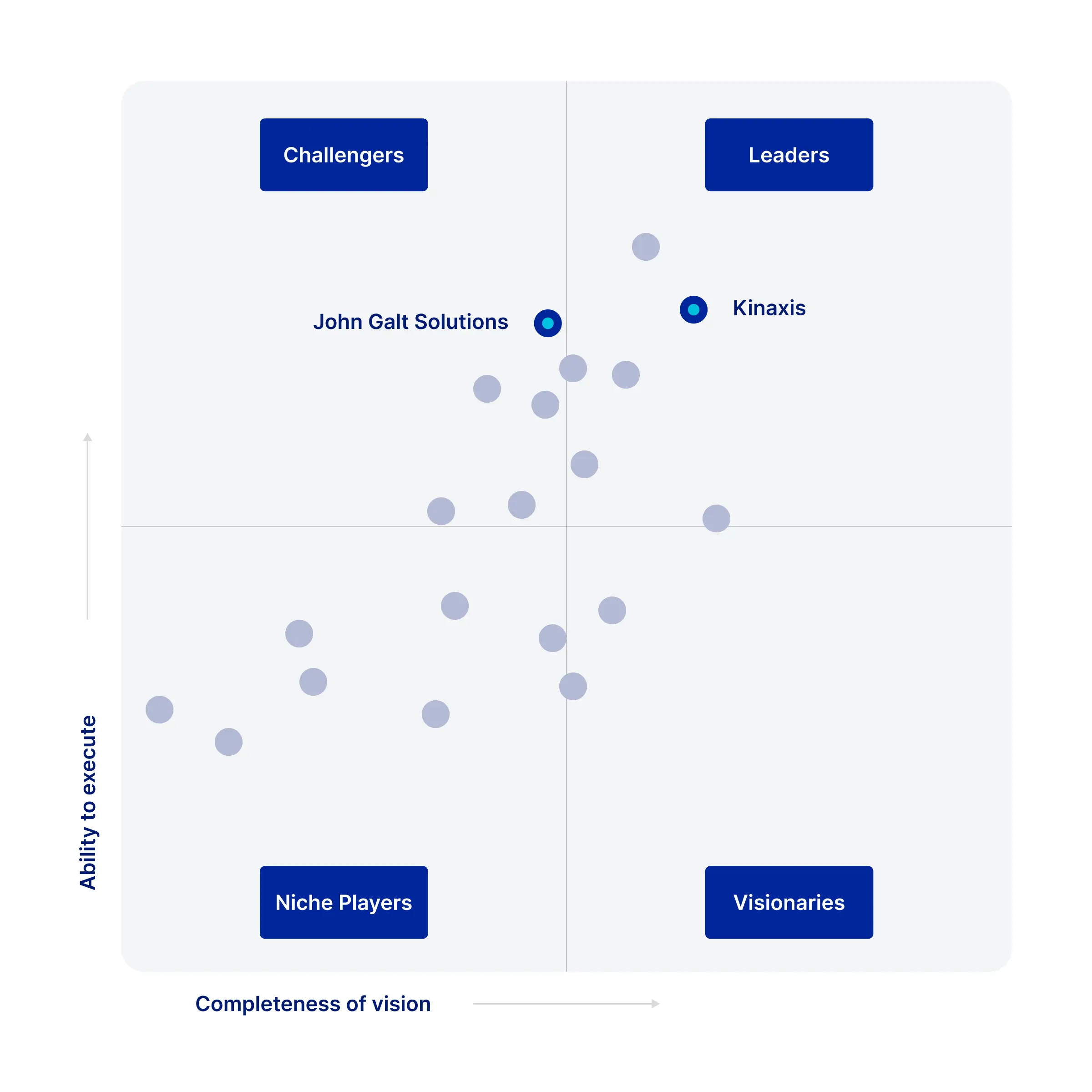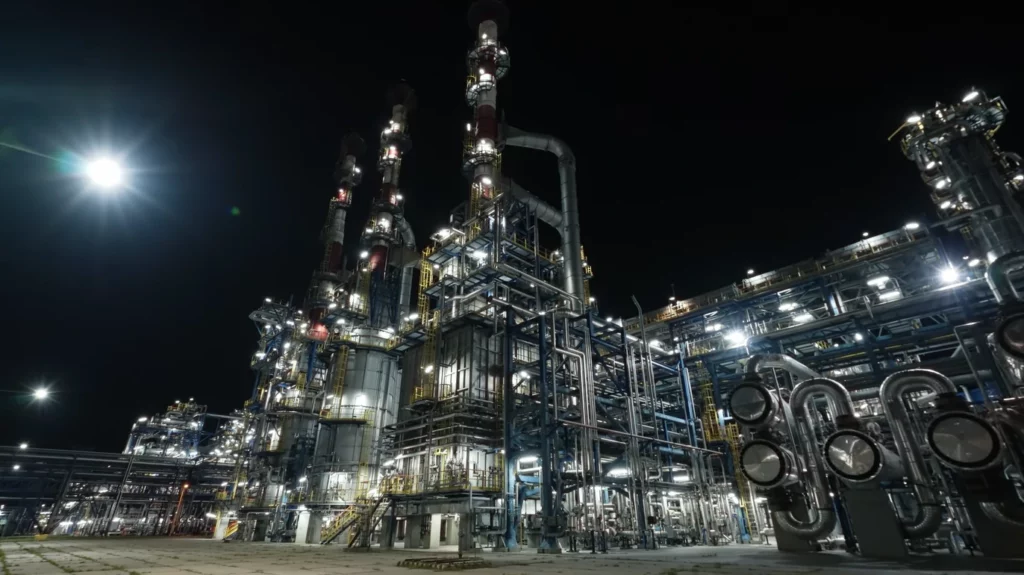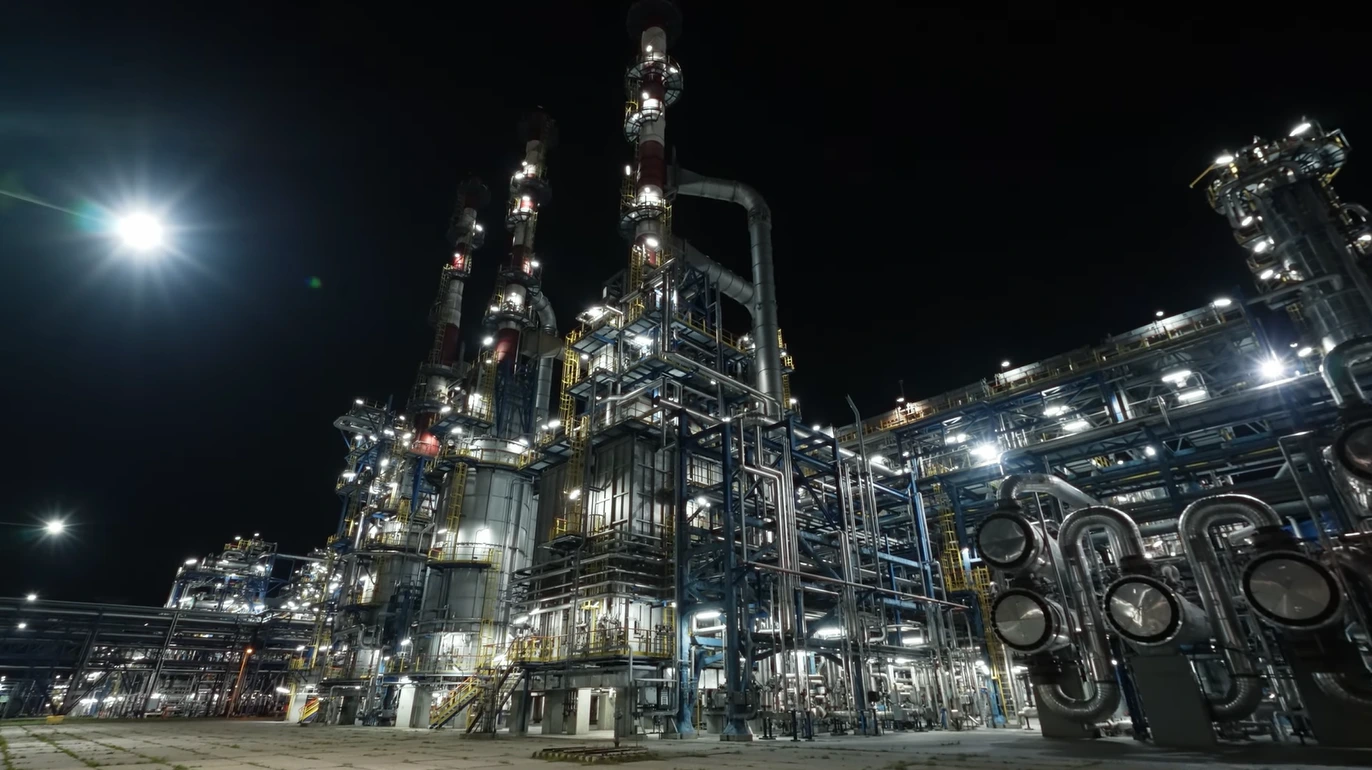
Why are Supply Chain Planning system leaders looking to PlanetTogether?
Supply chain management is the management of the flow of goods and resources, in the form of, for example, funds or data, associated with manufactured products – from the purchase of raw materials, to production, to delivery to the final destination. Simple by definition, extremely complex in reality. Especially today – in an era of rapidly developing technologies and ever higher demands from customers. Let’s see how the nature of supply chains has changed over the years, the challenges of managing them today and what tools can help.
We can speak of the existence of supply chains even in ancient times – from the first product produced and sold. However, in the past they were not very complex. They were usually limited to local or regional markets, and their management consisted mainly of ensuring the physical flow of goods from producers to consumers.
Modern supply chains form complex and heterogeneous networks of interconnections, operating around the clock and requiring full synchronization of the various stages and processes.
One factor is that Industry 4.0 has brought previously unknown opportunities and new technologies. At the center is the customer, who has countless choices – buying in-store, online, directly from the manufacturer, etc. He also expects more and more personalization and tailoring of products to his individual needs.
All of this means that in order to meet these demands, each element of the supply chain must be flawlessly coordinated with the others to deliver what the customer wants in a timely manner. Raw material supply, production, logistics, order management – skipping any of these stages, or even a seemingly minor delay in its implementation, can significantly affect subsequent stages.
It used to be that supply chains were linear and their planning was a one-time or periodic activity. Today, they not only require consideration of many highly complex and influencing issues, but must also be highly flexible and allow for rapid reconfiguration, such as when raw materials cannot be obtained from a single supplier.
To remain competitive in a fast-paced and constantly transforming world, more and more companies are relying on digitization and automation. Traditional, simple supply chain management systems based on paper documents are definitely not enough today. The tool for today’s needs are SCP (Supply Chain Planning) class systems – advanced IT solutions that support planning and management processes at every stage and during every process that make up the supply chain.
SCPs are equipped with modules that allow, among other things, to forecast product demand, optimize production processes or support scheduling and resource allocation. By forecasting material needs, they help in inventory management, allow optimization of delivery routes, distribution network management and much more.
Today, the best supply chain management systems are comprehensive product packages supported by technologies such as artificial intelligence, machine learning and the Internet of Things. They not only enable synchronization of activities between different entities in the supply chain, but also ensure tight integration of planning and execution functions. They stand out for their speed and accuracy, as well as their flexibility – qualities that address the challenges of the future.
An extremely important part of managing today’s supply chains is proper planning and scheduling of production operations. It should be stressed, however, that this is an issue that in itself is quite a challenge for many companies. So how do you effectively combine it with supply chain management?

First of all, a professional tool is needed here as well. Today, it seems that hardly anyone can imagine planners writing out on paper all the elements that make up complex production processes. Also spreadsheets, which are still used in many companies, are becoming less and less effective in this role – manually entering data into them takes a huge amount of time, let alone analyzing them and looking for the most efficient options.
Modern companies that want to remain competitive rely on APS (Advanced Planning and Scheduling) class systems in this regard, which enable the automatic generation of even very complex plans and schedules based on complicated guidelines. The use of APS within SCP systems gives companies the opportunity to manage their supply chains even more efficiently.
Combining SCP with APS-class systems provides many advantages in supply chain planning, such as:
Realistic product availability dates
SCP allows to plan what quantity of products and when they will be available to the customer, but if you don’t have access to all aspects affecting production, these plans may not be feasible. For example, SCP may assume that product X will be ready for Thursday, while in reality the relevant production resources will not be available until Monday. As a result, the product will not reach the customer on the declared date, which may result in contractual penalties. Avoiding such situations is helped by the APS system, which takes into account in detail when machines are free, how long changeovers will take, when operators are available, etc.
Knowledge of real production capacity
SCP systems often operate with a general production capacity, e.g., that Line A can produce 1,000 pieces per day. Only in reality there is always the risk of various unforeseen events that can disrupt this value. APS takes into account breakdowns, absenteeism, changeovers or resource conflicts, e.g. when only one operator for two machines is available. Such knowledge translates into better decisions and, e.g., when it is known that an order will not be completed on time, it allows to plan stock shifts between locations, outsource production or prioritize order fulfillment and inform some customers of the actual delivery date.
Better inventory management
APS can show that some production orders will be delayed due to component shortages. This gives the SCP user the opportunity to act in a timely manner and prevent potential problems. For example, it is possible to speed up delivery, find an alternative supplier or reprioritize plant deliveries. On a similar note, overstocking and overproduction can also be avoided.
Ability to compare different options
With the “What-If” function, APS systems allow quick simulations of different situations and their variations. What if a customer places a last-minute order? What if a marketing campaign needs to be completed faster? What if one production outlet is unavailable for 3 days? An SCP user can assess the impact of such events on the entire supply chain, having realistic information from APS on how exactly it will look in terms of expected moments of raw material delivery and the emergence of finished products.
Controlling costs
Data from APS tells in advance whether production can be delivered on time or not. This helps avoid costly decisions, because the SCP user can analyze factors such as the cost of express delivery, penalties for not delivering on time, the need to rent a buffer warehouse, etc., and then choose the most advantageous one.
In the 2025 Gartner Magic Quadrant chart for supply chain management (SCP) improvement solutions, Kinaxis definitely stands out. The solution they offer, Kinaxis Maestro, is the only end-to-end supply chain coordination platform that uses artificial intelligence.
Another company that ranked high on Gartner’s Magic Quadrant chart is John Galt Solutions, a global leader in supply chain planning automation. The solution they offer, Atlas Planning Platform, is a comprehensive end-to-end supply chain planning software with advanced analytics and machine learning that automates planning, breaks down business silos and provides greater visibility.

Both Kinaxis and John Galt Solutions have relied on the use of APS-class software from PlanetTogether for their production planning and scheduling.
It’s no coincidence that leading global SCP solution providers trust PlanetTogether. Since its founding in 2004, the company has focused on solving production planning and scheduling problems. The result of years of effort and experience is highly rated, professional planning and scheduling software.
The APS system from PlanetTogether makes it possible to create production schedules much faster and better than by traditional methods. These schedules, generated even in seconds, take into account a number of many, sometimes very complex guidelines. By using APS, manufacturing companies can improve on-time delivery, production efficiency or inventory turnover.
SCP-class systems, of which APS from PlanetTogether is an integral part, provide customers with greater control over their supply chains and allow them to adapt quickly, efficiently and flexibly to inevitable changes. And that translates into greater efficiency and competitiveness in rapidly changing markets.
Today’s complex and multi-component supply chains must meet the challenges of today’s world. Rising customer expectations, shorter product life cycles and changing demand in global markets require innovative solutions. The advantage is gained by those companies that invest in the right tools. To create such tools, supply chain management leaders are using APS from PlanetTogether, a solution that streamlines production planning and scheduling, transforming traditional supply chains into flexible, perfectly synchronized networks.
See also
Want to learn more? Visit our Knowledge Base, where you'll find articles and webinars by experts to expand your knowledge.
Check if Digital Transformation is the Answer to Your Company's Needs


































